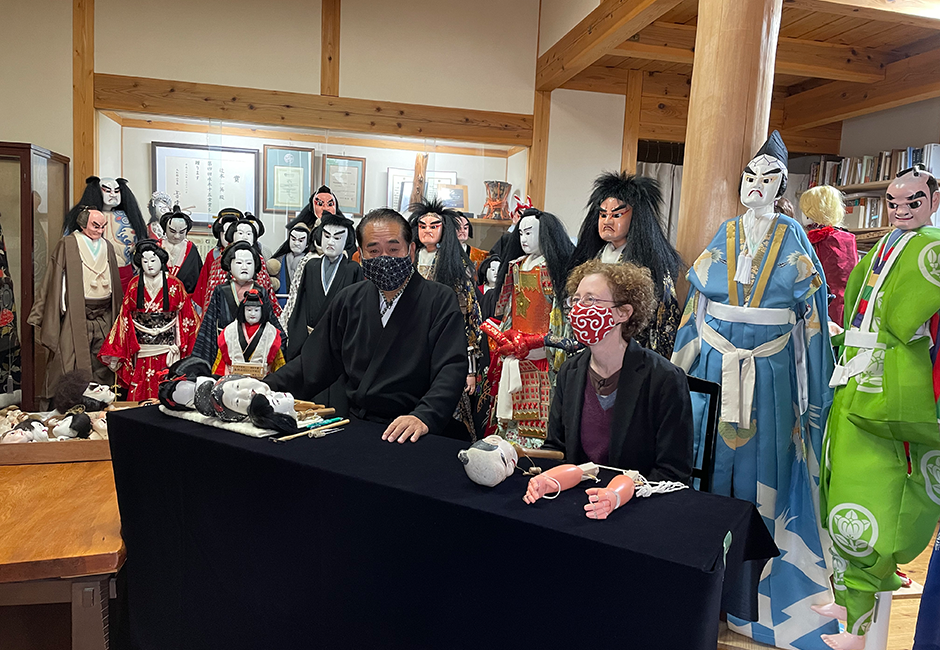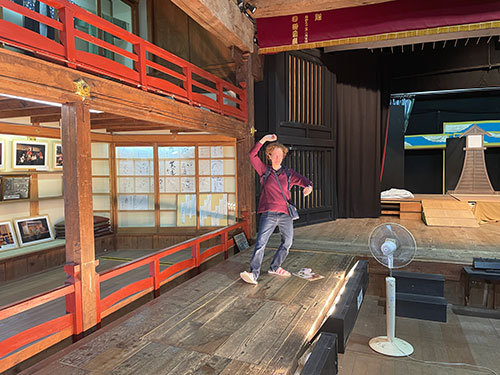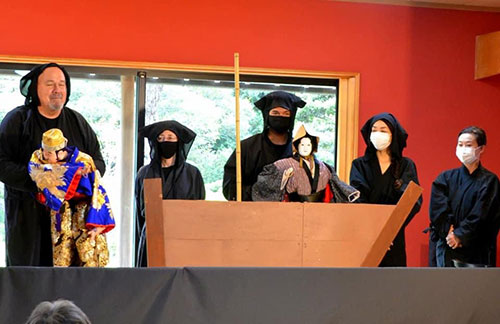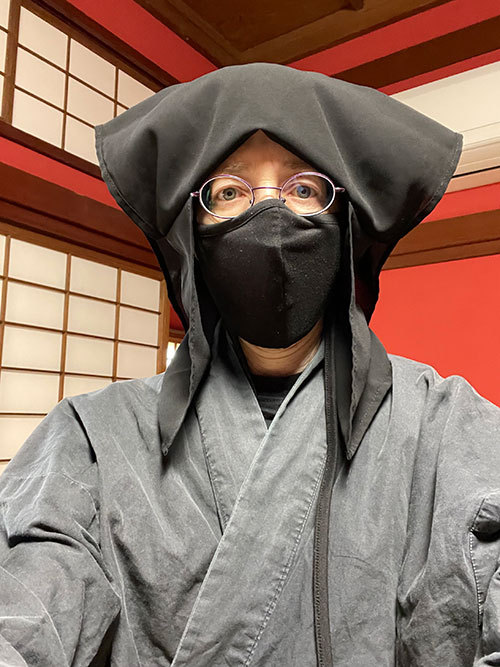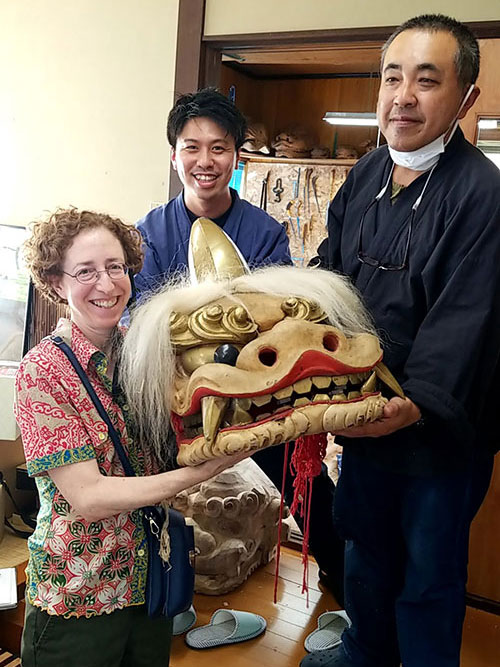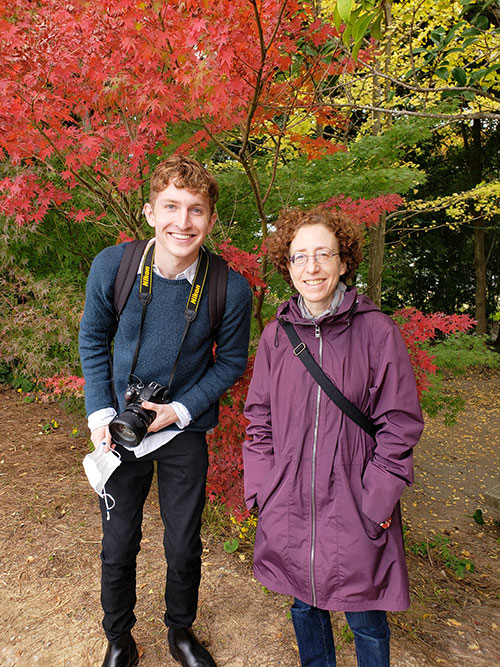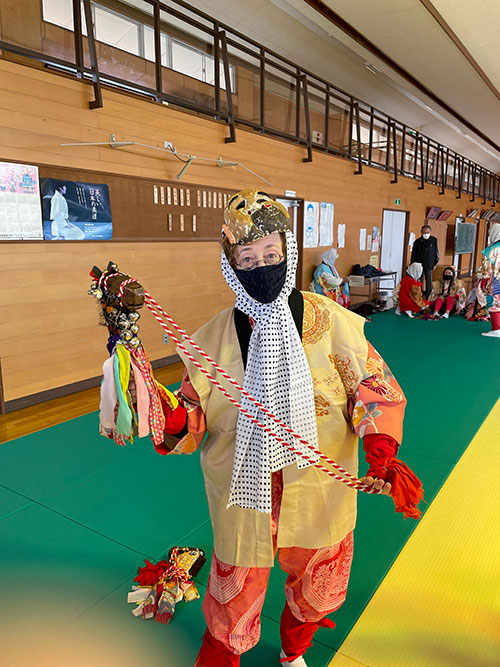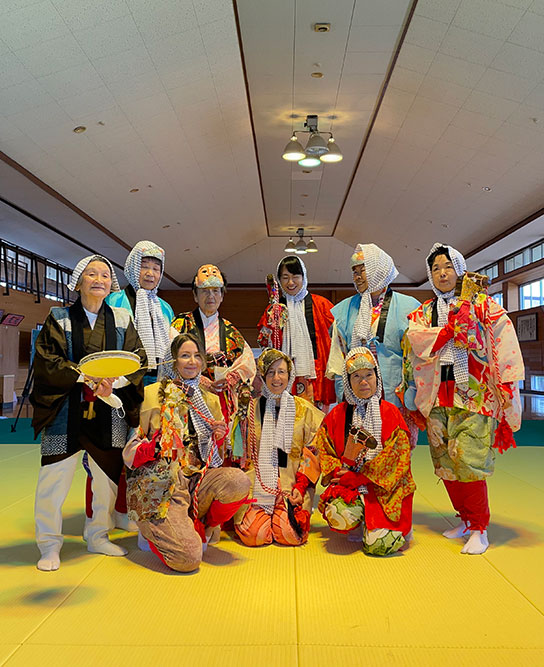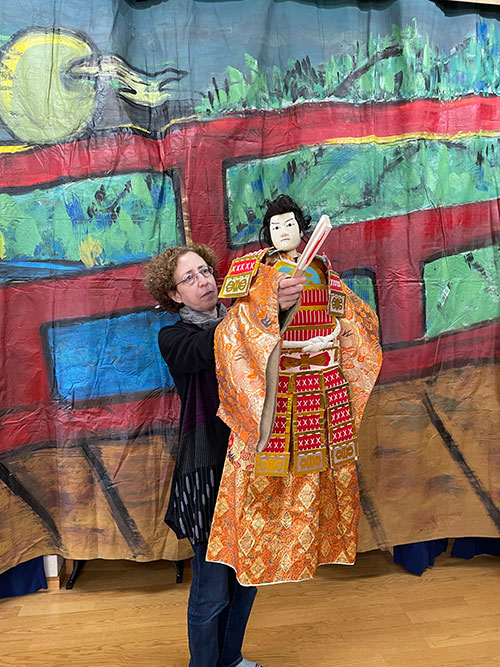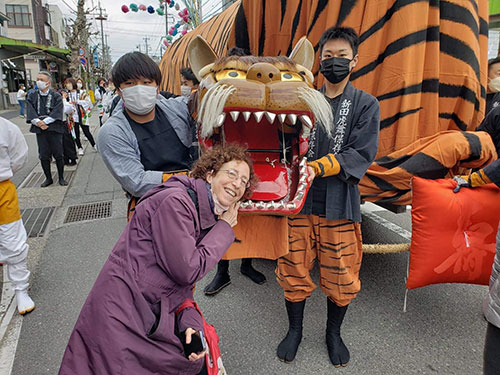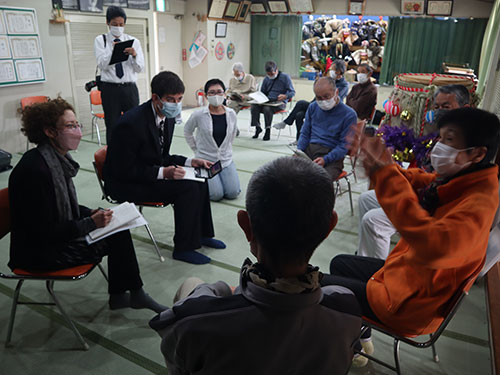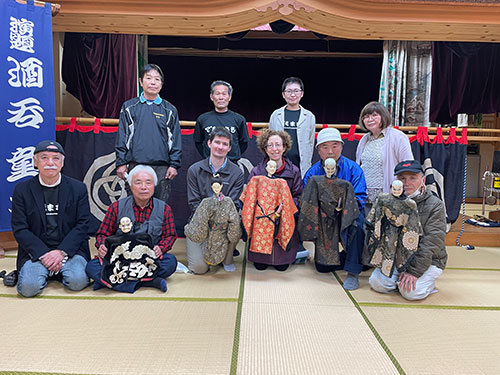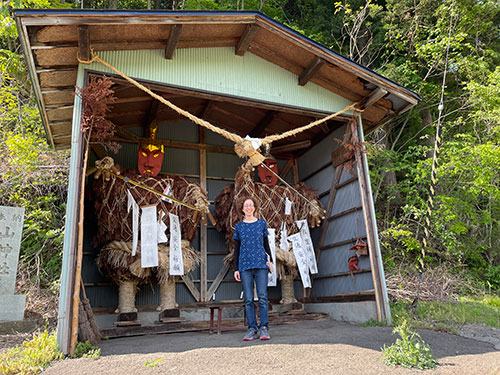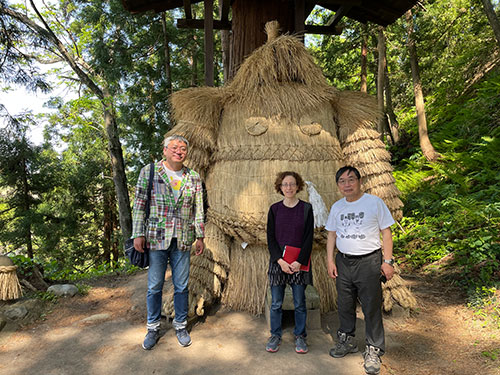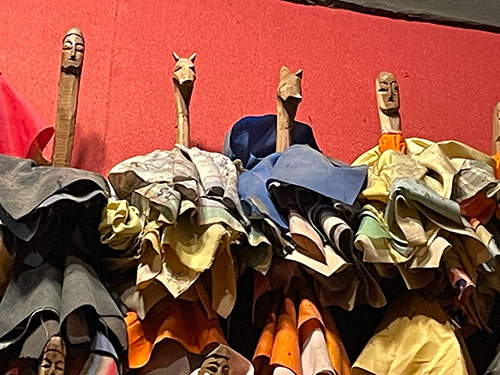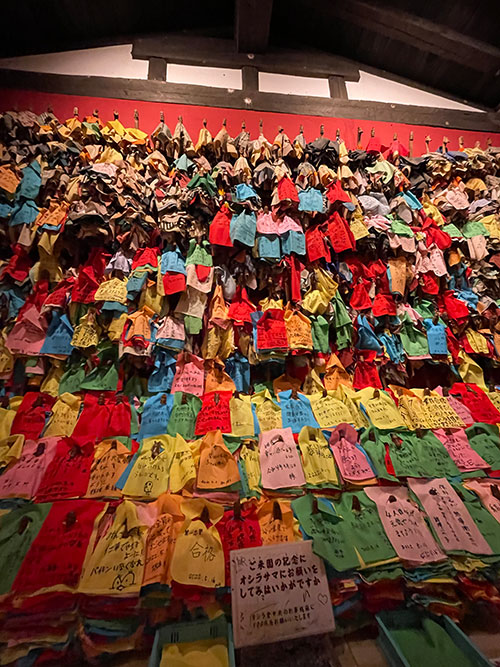Dr. Claudia Orenstein is a Professor of Theater at Hunter College and the Graduate Center, City University of New York. She specializes in Asian performance and has focused on puppetry over the past decade, having co-edited several books on the subject.
As a Fulbright scholar, she explored ritual puppetry in Japan. Having previously engaged with traditional Japanese forms of ritual puppetry, she wanted to explore their status in a contemporary setting. “These traditional forms are always a little bit endangered, so I was curious about what was actually happening with them today.” she says.
Dr. Orenstein was hosted at the Institute of Comparative Culture, Sophia University, Tokyo. “It was a strange time to be in Japan because it was just coming off of the huge summer COVID-19 surge,” she mentions, recounting how the Fulbright scholars managed to connect over Skype during the quarantine period. Despite limited physical interaction, she was appreciative of the sense of community among the scholars. “I know so many people who have been Fulbright scholars, and it feels like a real community of inspiring scholars and artists! It was really nice to connect with other Fulbrighters and find out what they were doing and their different research projects,” she says.
Despite some setbacks owing to the COVID-19 pandemic, Dr. Orenstein found several opportunities to travel and observe rituals and performances across Japan. She made concentrated trips to several areas, including Ishikawa, Gifu, Tokushima, Aomori, and Akita. “The research was very hands on, so it wasn't an always-being-in-a-library kind of thing.” she mentions, recalling her trip to northern Japan where the local residents helped her learn more about traditional puppets from that region. “I have endless stories about all of the places I went, and the people I met who helped me out,” she recalls fondly.
The flexibility of the Fulbright Program allowed Dr. Orenstein to avail unpremeditated opportunities. “I had never before in my life been given a grant like this, where someone says: here's the money, go do the research you feel like you need to do, and to be supported in that way makes you feel so validated as a professor, as a researcher, and as a human being really,” she says. In tandem with her research on puppetry, she visited several museums and temples, including a Shingon temple in Aomori, and observed contemporary Japanese theater.
With the successful culmination of her research program, Dr. Orenstein looks forward to writing more about her experience and will be presenting some of her research at the puppetry symposium at the UNIMA Council Meeting in Bali. UNIMA, (L’Union Internationale de la Marionnette), is an international organization devoted to puppetry. She is organizing an online event for the Ballard Museum and Institute of Puppetry and will be working as an editor for a new online, open access, peer-reviewed journal devoted to puppetry, masks, and related arts, Puppetry International Research. “I'm happy not only to support my own work, but to create occasions for further exchange and to give Japanese scholars opportunities to present their materials and their research,” she says.
To future Fulbright scholarship aspirants, Dr. Orenstein advises: “If you have a vision, even if you don't necessarily know exactly how everything is going to work out, if you can articulate the vision, and some specifics, I think that's a really good way to start.”
